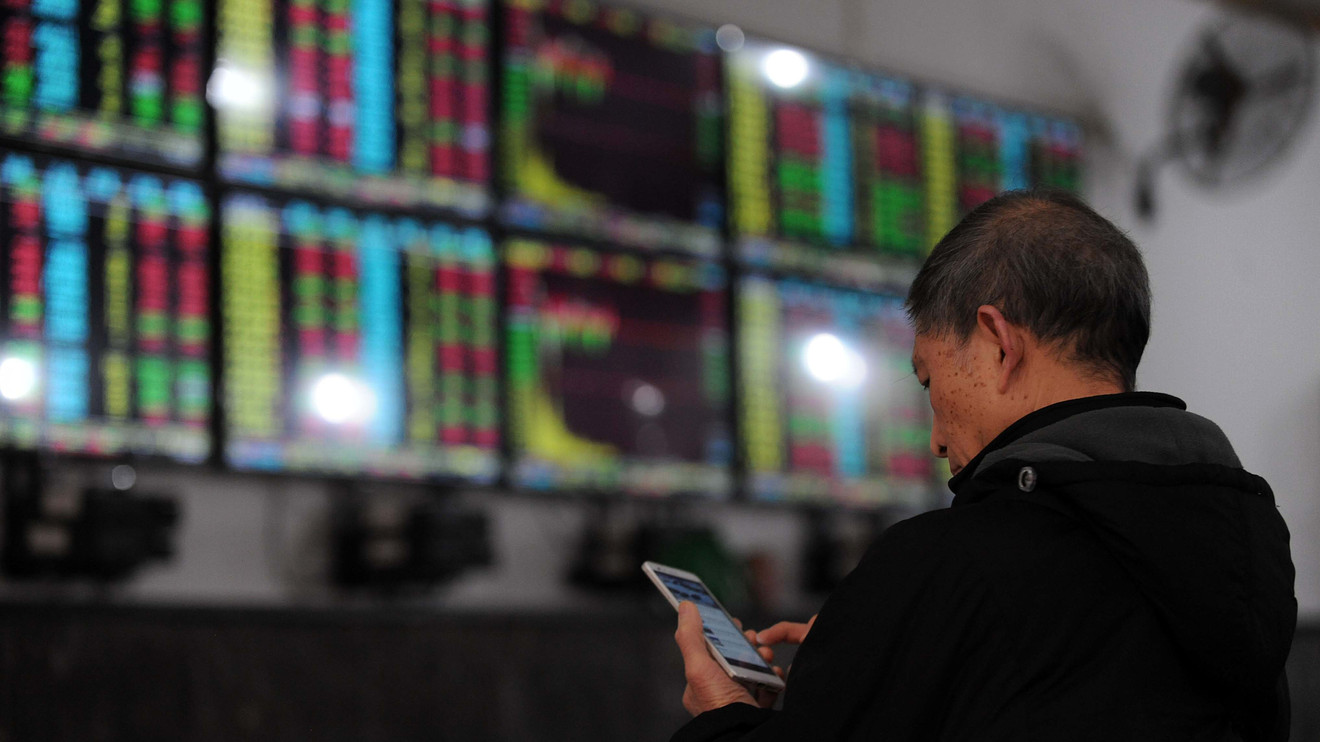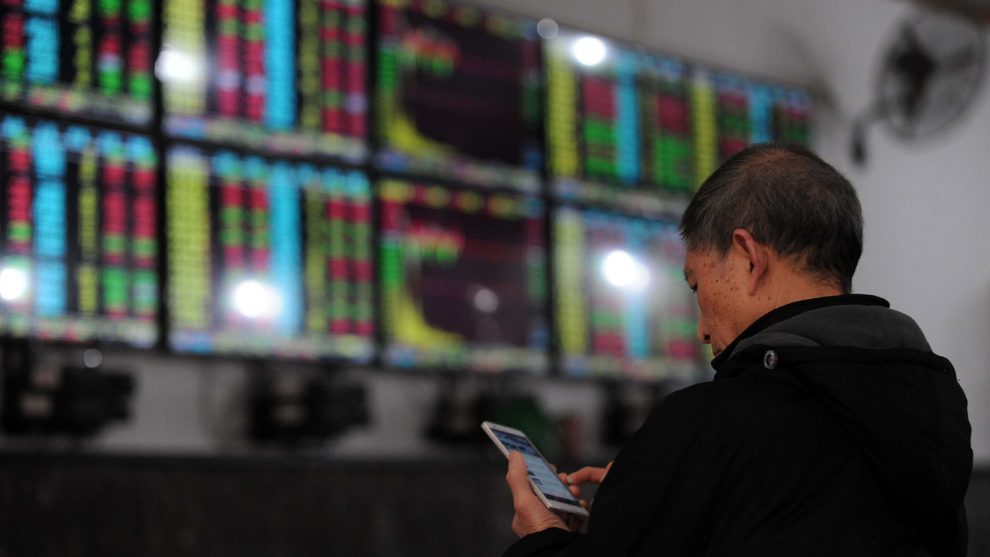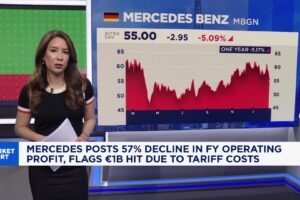
U.S. stock-market futures edged higher Sunday evening in thin trading, as Wall Street equities looked to add to a rally toward records for the Nasdaq Composite that concluded trade last week on the back of improving economic data in the face of a viral outbreak.
How are benchmarks faring?
Futures for the Dow Jones Industrial Average YMM20, +0.26% YM00, +0.26% were rising 74 points, or 0.3%, at 27,146, those for the S&P 500 index ESM20, +0.24% ES00, +0.24% were rising 9.70 points, or 0.3%, at 3,196.50, while Nasdaq-100 futures NQM20, +0.34% NQ00, +0.34% were climbing 43.50 points, or 0.4%, at 9.852.
On Friday, the Nasdaq Composite Index COMP, +2.06% set a record intraday high at 9,842.49 before pulling back to end 3.1 points shy of its Feb. 19 record closing high. The Nasdaq-100 NDX, +2.02%, meanwhile, rose 194.73 points, or 2% to 9,824.39, marking a record finish.
For the week, the Dow DJIA, +3.15% finished 6.8% higher, the S&P 500 SPX, +2.62% gained 4.9%, while the Nasdaq advanced 3.3% and the Nasdaq-100 rose 2.8%.
What’s driving the market?
The Federal Reserve is set to release its updated policy statement on Wednesday and its first set of economic projections since December. Although investors aren’t expecting the central bank to dial back rates, which currently stand at a range of 0% and 0.25%, investors may be eager to garner clues from policy makers after Friday’s jobs report produced a stunning 2.5 million increase in payrolls in May, when economists had expected as many as 9 million jobs lost in the month, amid coronavirus-related closures.
“Following a massive upside surprise from the May employment report, the focus will shift to the Fed’s interpretation of the latest data and potential implications for monetary policy when the FOMC convenes this Wednesday,” wrote analysts at Deutsche Bank, led by Brett Ryan, senior U.S. economist, in a research note dated June 5.
“We expect the June meeting to mark a first step away from a focus on crisis prevention toward more traditional goals of providing accommodation to support the recovery,” the researchers wrote.
Friday data showed that the U.S. May unemployment rate fell to 13.3%from 14.7%. Economists polled by MarketWatch had predicted the loss of 7.25 million jobs and a May unemployment rate of 19%.
Markets have been kept afloat and have even made significant traction higher, despite civil unrest and evidence of rising Sino-American trade tensions, on the back of trillions of dollars in support from the U.S. government and the Fed, whose balance sheet has ballooned to $7.21 trillion from around $4 trillion in March.
Investors have also been heartened by efforts to reopen the U.S. economy in the aftermath of pandemic-related closures. Reopening plans are in various stages in all 50 U.S. states. New York City, one of the regions hardest hit by coronavirus, was set to launch Monday the first phase of its reopening, which includes the restart of construction and limited retail operations.











